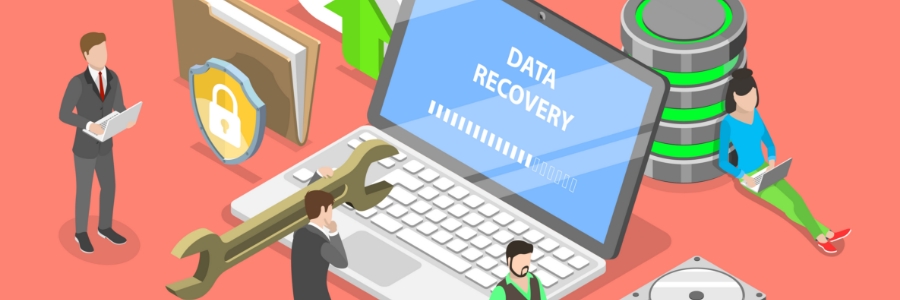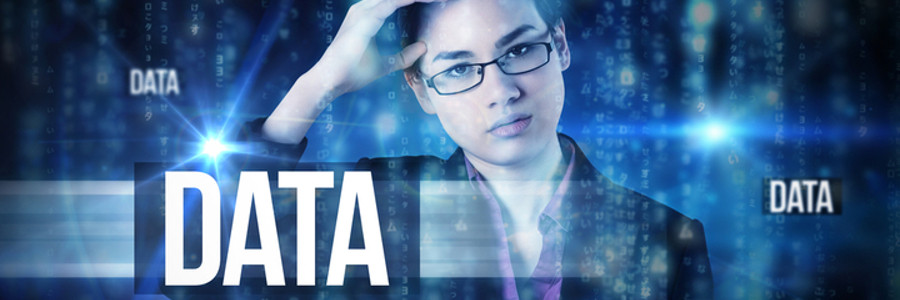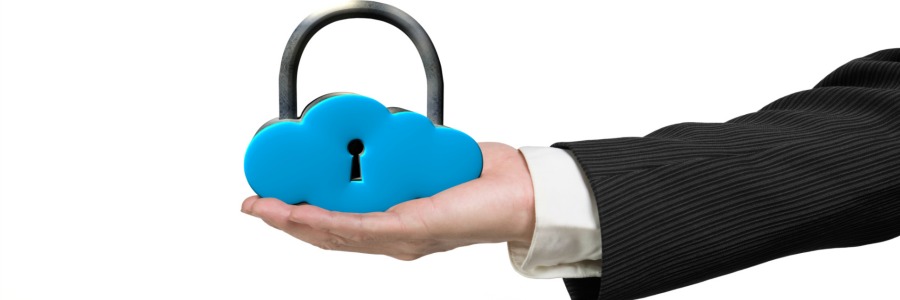In 2021, the United States experienced one of the most active storm seasons on record, upsetting businesses already dealing with a pandemic. For companies without a good disaster recovery plan, the consequences were devastating. This is why your business should have a hurricane disaster recovery plan.
How to protect your business from hurricanes
How to secure your data using File History in Windows 10

Whether you use a Windows 10 laptop or desktop for work or personal use, you’ll realize that it can quickly accumulate a large amount of data. Hardware failure, cyberattacks, and natural disasters can put this data at risk of being lost forever. Backing up your data regularly is the best way to prevent data loss, and here’s how you can do it.
Top security tips for remote workers
Ensuring business continuity with cloud technology
Security best practices for BYOD policies

Bring your own device (BYOD) policies give employees the flexibility to use devices they are comfortable with while allowing businesses to reduce hardware spending. However, BYOD also carries plenty of security risks.
Loss or theft of devices – Employees often bring their personal devices wherever they go.
7 Steps to making your data hurricane-proof

Hurricanes are a common occurrence in many parts of the United States. Not only do they destroy property and endanger lives, but they can also disrupt your business’s operations. In this blog, we offer tips on how you can ensure fast access to your data following a disaster and immediately get back to business.
How to back up your files using Windows 10

Business owners are becoming more aware of the damaging effects of data loss. Companies now realize that without safe and reliable data backup, important business information can fall into the wrong hands or be lost forever. Fortunately, Windows 10 offers easy-to-use tools like File History and OneDrive.
How to work from home securely

Encouraging staff to work from home is extremely vital in the midst of the COVID-19 outbreak. By minimizing social interactions and contact risks, you can reduce the spread of the virus. But be warned. Transitioning from a fully managed business environment to a home office can leave you vulnerable to cyberattacks and online scams.
Taking business continuity to the cloud
Do you speak “Data”?

Quick, what’s the most important thing about your business’s precious data? Besides knowing how to back it up properly and protect it from catastrophic loss, how about understanding all the lingo used to describe it? The term “big data” - in reference to large, complex data sets - is a well-known buzzword these days, but a slew of new “data” terms are in style now, too.
- 1
- 2



